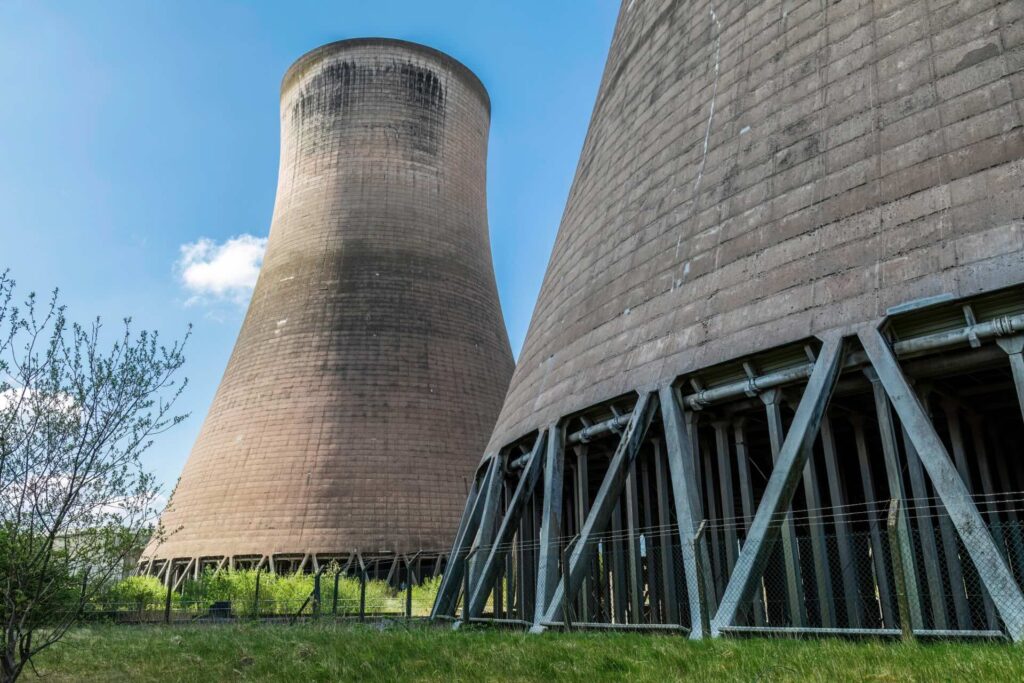The government has announced a large investment in UK nuclear as well as a new consultation on nuclear fusion.
UK to step forward as nuclear HALEU leader
Russia is currently the only country in the world that commercially produces high-assay low enriched uranium (HALEU), the fuel source behind running nuclear power stations. This puts the energy market in a precariously dependant position and is one of the main reasons the UK government has decided to invest £196m in high-tech nuclear fuel facilities.
Now, the UK will be the first European nation to produce advanced nuclear fuel with its new site at Capenhurst in Cheshire. The funding was awarded to Urenco to build a uranium enrichment facility, which, once completed, will produce the fuel that is used to power nuclear reactors. Urenco’s facility will have the capacity to produce up to 10 tonnes of HALEU per year by 2031. When fabricated into fuel, 10 tonnes of HALEU could contain as much energy as over one million tons of coal.
Fuel will be ready to export or be used domestically by 2031 and could be used to power homes in the next ten years.
Prime Minister Rishi Sunak said, “The wider future of British nuclear remains a critical national endeavour – guaranteeing nuclear and energy security, and reducing energy bills for Brits.”
Nuclear fusion sites could be deemed ‘nationally significant’ projects
A new consultation, launched 14 May, proposes designating all fusion plants nationally significant infrastructure projects that will be assessed by the Planning Inspectorate and ultimately decided on by the Secretary of State for energy. The consultation is seeking views from the public, industry, and non-governmental organisations on the commercialisation of new nuclear fusion facilities.
Nuclear fusion is far less developed than its cousin, nuclear fission, that currently powers most nuclear power plants. But, nuclear fusion has exponential potential for higher levels of energy return. Fusion power creates nearly 4 million times more energy for every kilogram of fuel than burning coal, oil or gas. Further developing this resource will give the UK an additional edge in the energy market, create new jobs, and improve the country’s energy security.

